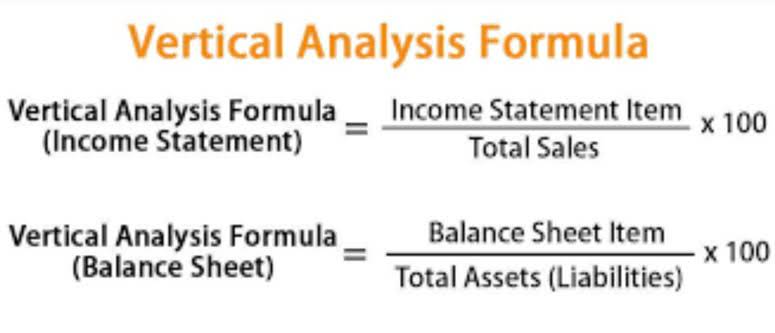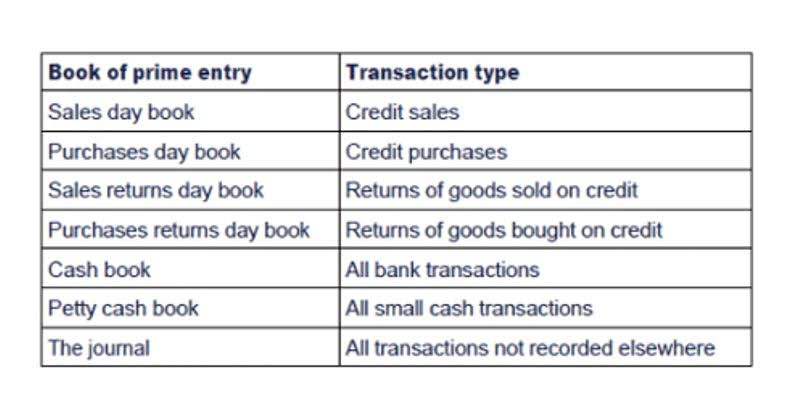
So if you hire a full-time senior software developer for $125,000 per year, you can expect to pay between $156,250 and $175,000 total for that employee. You’ll also need to consider your state’s regulations about what constitutes a contractor vs. employee. Many states use the federal designation as a start, then consider how economically dependent the worker is on the company as a further test.
- Hiring international employees can be fairly straightforward if you have a legal entity in the country where the worker lives.
- Based on the above scenario, Tim might be classified as an independent contractor by Company E if he meets all the required common law rules.
- Your EOR provider acts as your local HR and legal department on the ground in your hire’s country and provides them with their pay and benefits.
- A localized agreement directly governs the engagement with the contractor.
- Other positions, such as with airlines and auctions, may still be subject to the minimum wage but exempt from overtime.
You also don’t need to pay more money in company benefits, like paid leave and employee insurance. The key difference between an independent contractor vs. an employee comes down to taxes. An employer is responsible for withholding taxes, including income tax, social security tax, and Medicare tax from an employee’s paycheck. An employer is not responsible for withholding taxes from an independent contractor.
Independent Contractor vs Employee
Each of these entities has different legal and tax requirements and benefits. Next, the IRS considers how much responsibility the employer holds concerning the financial aspects of the worker’s job. Which type of worker makes sense—both for your business in general, and for each individual role you need filled—depends on many factors. What matters is that you have the right to control the details of how the services are performed.

Tim works as a landscaper for Company D about 15 hours per week, performing work for clients of Company D as directed by the owner. He uses mowers and other equipment provided by Company D to complete his work and is paid hourly for his services. Unlike regular employees, contractors are more hands-on when it comes to execution since they have sharp expertise in a specific field. Plus, their business revenues and future gigs depend on their work performance. That’s why many contractors are focused on delivering the biggest impact in the shortest time.
Tax paperwork
For a quick overview, you can reference the independent contractor vs. employee chart below. Laura is a content writer who works for Company A for about 15 hours per week. She writes articles and other marketing materials for advertisements and social media campaigns. Joyce charges Company A an hourly independent contractor vs employee pros and cons rate for her services and provides similar services to Companies B and C. Elena Prokopets writes content for tech-led companies & software development businesses, marketing to them. Most entrepreneurs learn to accept that there simply aren’t enough hours in the day to accomplish every task.

In fact, businesses in certain industries may offer it to better compete in a tight labor market. Regardless of what’s in the employment contract, the IRS determines a worker’s status based on how the relationship is actually carried out. If the worker is hired for an indefinite period of time, provides services that are a key business activity, and enjoys benefits, the worker is likely an employee in the eye of the IRS. However, most employer workforce compensation does not cover independent contractors, and contractors do not usually purchase their own workers’ compensation insurance.
Pros and Cons of Independent Contractors
Terms and conditions are the rules that businesses establish to ensure a safe and smooth cooperation. They’re part of a legal agreement signed by both parties, where the obligations and contractual rights of everyone involved are recorded. Terms and conditions must be in line with local labor laws and be rightly justified. In simple terms, an employment relationship is the link between an employee (an individual) and an employer (an entity).
- Exempt employees, on the other hand, will usually hold administrative, professional and leadership positions.
- In the newspaper delivery industry, even the child labor guidance of the FLSA doesn’t fully apply.
- The nature of independent contractors’ work isn’t selling physical goods to a revolving door of customers but offering up your skills and expertise to professional clients.
- Usually, companies hire their staff with the intention of keeping them for a long time.
- Ultimately, the choice of whether to hire a contractor or an employee depends on your organization’s requirements and resources and the nature of the role you need to fill.
Part-time or full-time employment contract, in accordance with local labor and wages laws. Money-wise, you can spend less with a contractor — since you don’t pay their social contributions, taxes, or benefits. But precisely for this reason, self-employed people charge higher hourly or project rates. This decision will shape the trajectory of your company and also set the tone for its culture, structure, and success. Being an independent contractor can be rewarding since it offers you the ability to be your own boss, choose which clients to work for, and allow you to work from home. However, being an independent contractor can come with more responsibility.
